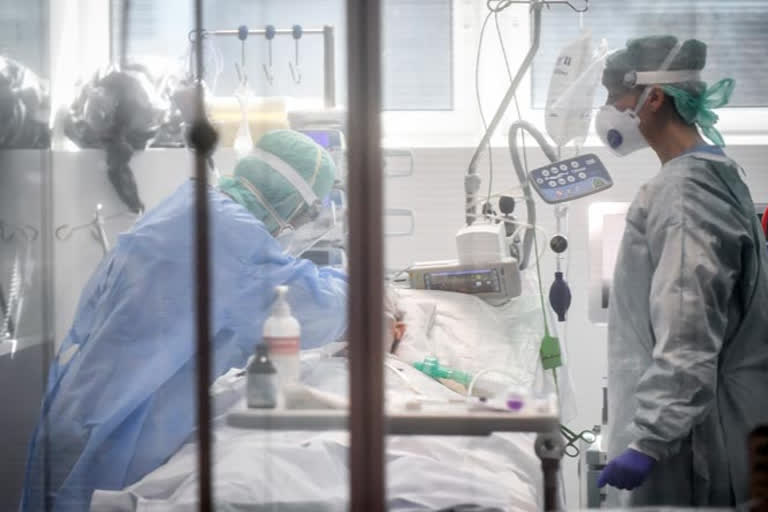Hyderabad: A research of Johns Hopkins Medicine, USA illustrated that unemployment among covid-19 survivors might increase because patients recovering after critical illness may face cognitive and physical changes, including a decline in bodily strength and thinking abilities, requiring comprehensive rehab.
A five-year study, published online Sept. 16, 2017, in the journal Thorax, examined return to work in patients recovering from acute respiratory distress syndrome (ARDS) — a condition common in patients with COVID-19 that causes inflammation in the lungs with fluid buildup in the tiny breathing sacs due to extended ventilation. The study revealed that about 3 in 4 survivors lost earnings, with an average loss of $180,000 over five years.
Also read: Pesticides ban: Govt should provide alternative solutions for farmers and seed industry
“Over the five-year follow-up, about one-third of these patients never returned to work. The financial consequences are profound. A couple of weeks in the ICU can be life-altering for patients and their families,” says Dale Needham, M.D., Ph.D., study lead and medical director of the Johns Hopkins Critical Care Physical Medicine.
Results from a one-year, multicenter national study showed that 44% of patients recovering from ARDS did not return to work within one year after their critical illness. The findings of the study showed that among these unemployed patients, 14% lost private health insurance and 16% needed government-funded coverage.



